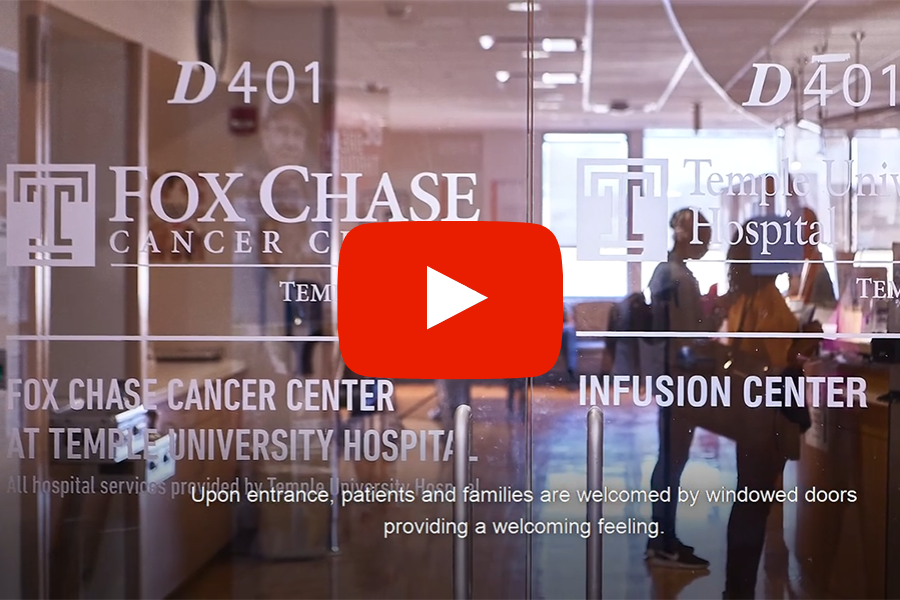What Is Leukemia, Lymphoma and Multiple Myeloma?
Leukemia, lymphoma and multiple myeloma are cancers of the blood, bone marrow or lymph (clear fluid that circulates white blood cells throughout the body). Unlike most types of cancer which form solid masses of abnormal cells called tumors, blood cancers cause the uncontrolled growth of mutated disease-fighting cells, making it harder for the body to fend off infection.
-
Leukemia begins in bone marrow, producing abnormal leukocytes (white blood cells).
-
Lymphoma (Hodgkin and non-Hodgkin) produces abnormal lymphocytes, immune system cells in the bone marrow, thymus, spleen and other organs.
-
Multiple myeloma develops in bone marrow, producing abnormal plasma cells.
Risk Factors
While the exact causes of blood cancers are largely unknown, they are associated with risk factors, including:
-
Environmental factors, such as smoking, some chemotherapy cancer treatments or exposure to high levels of radiation or toxic chemicals.
-
Genetic changes, either inherited from parents or acquired over a lifetime.
-
Viral or bacterial infection, such as the human T-lymphotropic virus, human immunodeficiency virus (HIV), Epstein-Barr virus, hepatitis C or Helicobacter Pylori.
Symptoms
Symptoms vary depending on the specific diagnosis and may include:
-
Bleeding problems — Shortage of normal blood-clotting cells can cause nosebleeds, bleeding gums, blood in stool and excessive bruising.
-
Fatigue — Lack of healthy red blood cells can cause tiredness, weakness and shortness of breath.
-
Fever — High temperatures may be accompanied by chills or night sweats.
-
Frequent infections — Insufficient healthy white blood cells can lead to getting sick more often.
-
Nausea — Feelings of sickness and weakness may be accompanied by loss of appetite and weight loss.
-
Pain — Persistent discomfort may occur in the abdomen, bones or joints.
-
Swollen lymph nodes — Lumps may appear in the neck, armpit or groin.
Treatment Options
Treatment options vary depending on the type and stage of blood cancer, and may include:
-
Chemotherapy — Anti-cancer drugs taken by mouth, intravenously or injected kill cancer cells or prevent their growth.
-
Precision therapies — Targeted therapy drugs pinpoint weaknesses in cancer cells, while biologic or immunotherapy stimulates the body’s immune system to find and destroy cancer cells.
-
Radiation therapy — High-energy beams destroy cancer cells or keep them from multiplying.
-
Stem cell transplant — Leukemia cells are replaced with stem cells, which grow into new, healthy blood cells.
-
Surgery — The spleen may be surgically removed if it contains cancer cells.
Ready for an Appointment?
If you're experiencing signs or symptoms of leukemia, lymphoma and multiple myeloma, schedule an appointment or call 800-TEMPLE-MED (800-836-7536) today.
Learn more about our doctors and care team who diagnose and treat leukemia, lymphoma and multiple myeloma.
